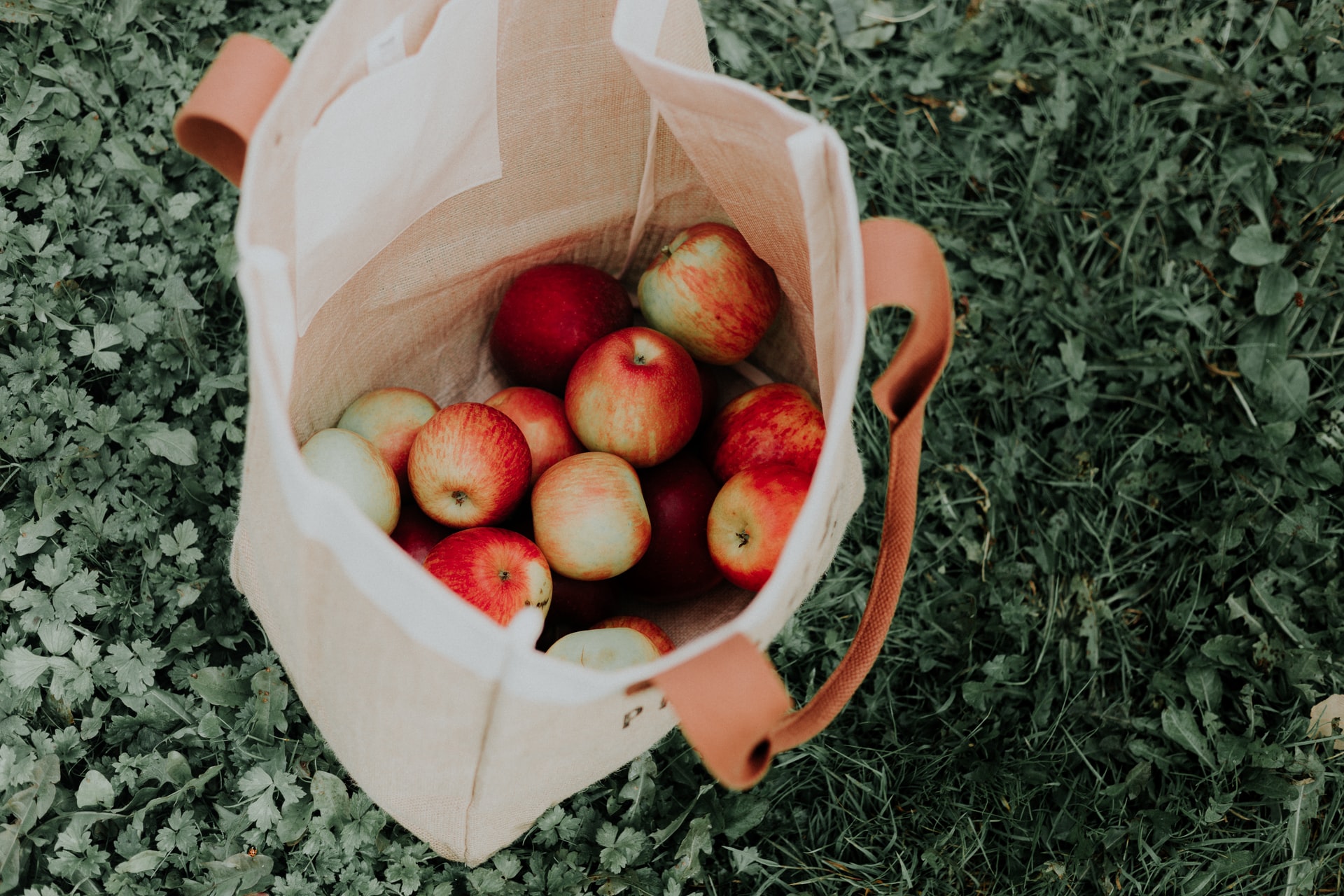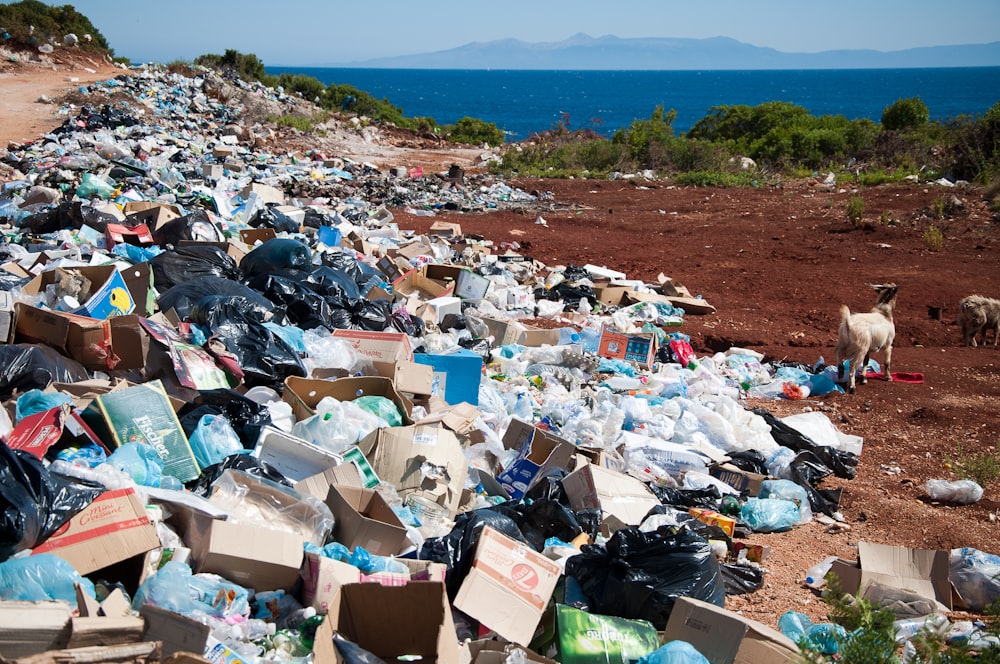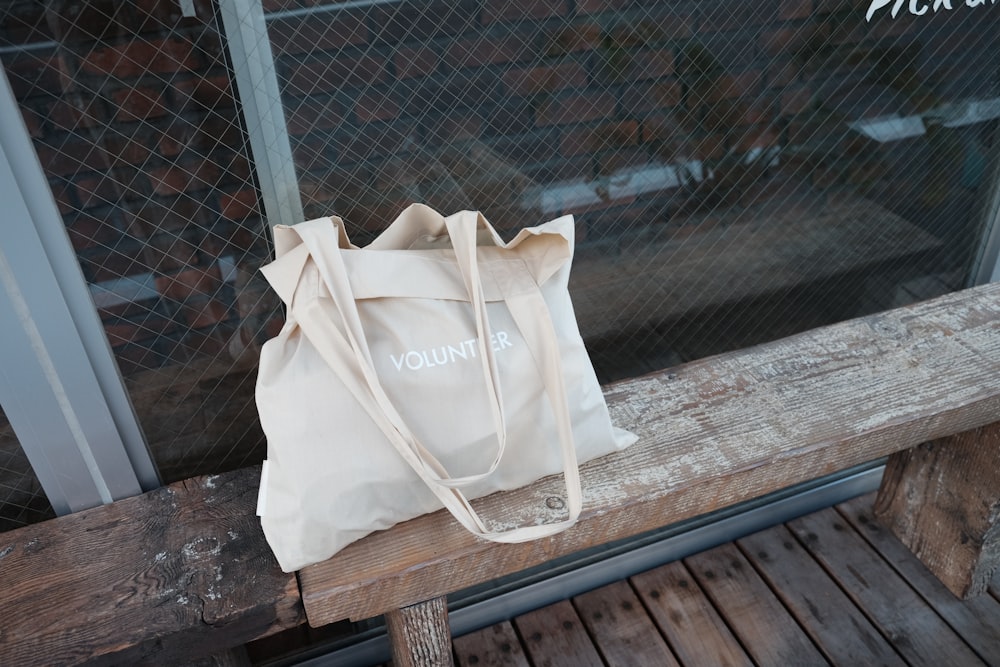What You Need to Know about Reusable Grocery Bags

Many states have recently banned single use plastic bags and now charge a small fee for alternative brown paper bags. For me in New York, that fee ranges anywhere from 5 cents to 50 cents per bag. This was done in an effort to make the transition to reusable bags that much more motivating to consumers. Why? Single use plastic bags are incredibly wasteful.
How Wasteful are Single Use Plastic Bags, Really?
Single use plastic bags are made from petroleum, a precious natural resource that can not be replenished once diminished. It takes roughly 430,000 gallons of oil to produce just 100 million plastic bags. Americans alone use 100 billion plastic bags a year, which require 12 million barrels of oil to manufacture. Additionally, thousands of animals die each year after swallowing or choking on discarded plastic bags because they can mistake it for food.

As of 2017, an average person living in North America or Western Europe uses 100 kilograms (220 pounds) of plastic each year, mostly in the form of packaging. In Asia, average plastic use is currently just one-fifth that level, at 20 kilograms (44 pounds) per person. According to the National Resources Defense Council, the average American household brought home roughly 1,500 plastic bags. You can’t always control the packaging your food comes in or find substitutions when it comes to food packaging, but you do have control over the bags you take your groceries home in.
You Don’t Need That Many Reusable Bags
Because reusable bags take more resources to create because they consist of more durable materials, buying an unnecessarily large quantity of them can be very counterproductive and wasteful. Start with a few and really assess how many you need. I use about 3 for my biggest grocery trips and I have another 3 for clothing or other shopping.

A great way to reduce waste if you have an unnecessary amount of reusable grocery bags is to donate them to a thrift store or drop them off at a textile recycling center. We have to make our reusable grocery bags as useful as possible for them to be truly sustainable. The next time you forget your bags in your car, go back and get them.
Not All Reusable Bags are Created Equal
Because it takes so many resources to make a sturdier bag, it is important to do your research when buying reusable bags to make sure they are not doing more harm to the environment than good. Odds are, that reusable bag at the register of your grocery store is not so effective. When purchasing reusable bags, it is important to do your research and find ethically created bags.
Baguu is a great brand for buying reusable bags. Baguu has really cute styles and their bags are made of recycled nylon.
Society6 makes great canvas totes and their designs are created by unique artists.
Feedproject sells reusable bags and a portion of each sale goes to aiding childhood hunger.
How to Make Your Reusable Bags Last
When using reusable grocery bags, it is important to keep in mind that you are using them to transport food and subsequently, you should clean them regularly to avoid issues with germs and/or bacteria. You should also make sure to separate foods like meats, unpackaged fruits and vegetables and ready made food.
When possible, you should try to separate the reusable bags you use for groceries and those you use for other things, like when shopping for clothes. You wouldn’t put your clothes in your fridge (I hope) so you shouldn’t put your clothes in your food bags!

When it comes to using reusable bags, the point is to be more environmentally friendly. That being said, it is important to be mindful of the types of reusable bags you purchase, choosing options that are sustainably produced. .
I hope this makes you think on your next trip to the grocery store. Always remember that it’s important to do your research when it comes to any decision you make in your daily life that could impact the planet, not just what types of reusable bags you use. I’m off to wash my reusable bags now, what about you?


Leave a Reply